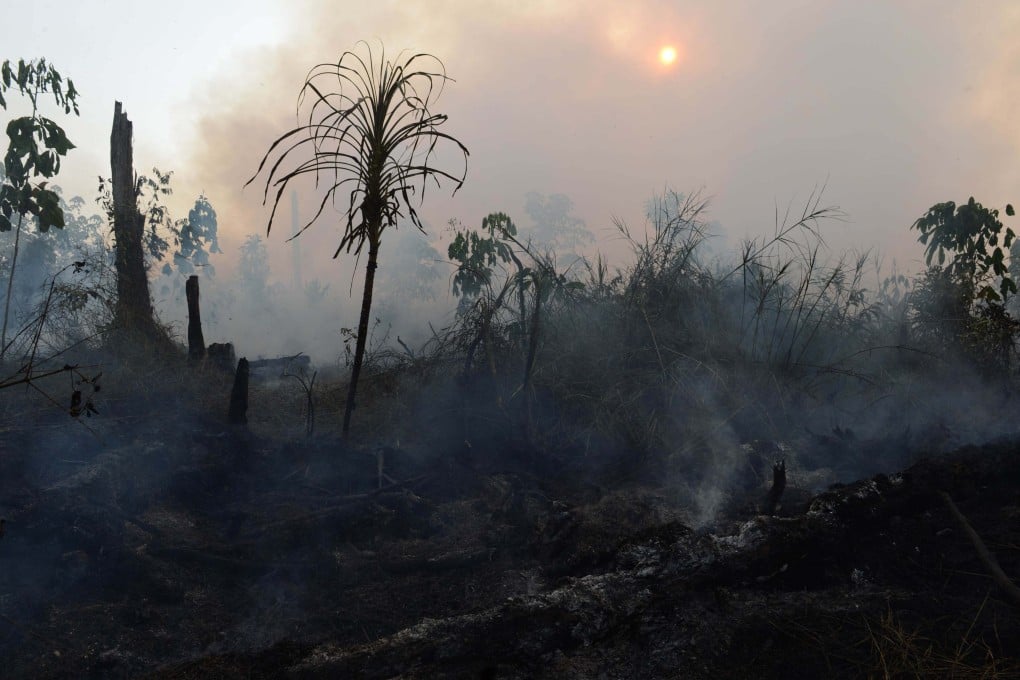Advertisement
Opinion | Southeast Asia’s peatlands are in crisis. What can be done?
- While Indonesia and Malaysia have made progress in peatland restoration, these environmentally crucial areas remain under constant threat
Reading Time:4 minutes
Why you can trust SCMP
1

Despite occupying a mere 3 per cent of the Earth’s land surface, peatlands hold a staggering 550 gigatonnes of carbon – twice as much as all the world’s forests combined. When drained or burned, the carbon stored in peat is released as carbon dioxide, a potent greenhouse gas.
Advertisement
Dr Susan Page, a peatland ecologist from the University of Leicester in the UK, offers a compelling analogy. She describes peatlands as a bank account where we have been making deposits of carbon for thousands of years. Disturbing them is akin to withdrawing all that carbon at once, potentially fuelling climate change.
Highlighting the urgency, the World Resources Institute estimates that a single hectare of drained peatland can emit as much as 55 tonnes of carbon dioxide annually – equivalent to the emissions from 13 petrol-powered passenger vehicles over a year.
A significant portion of the world’s tropical peatlands are in Southeast Asia. Indonesia and Malaysia are the peatland powerhouses of the region. Indonesia alone is home to more than 30 per cent of the world’s tropical peatlands, while Malaysia contains another 6 per cent. These peatlands are primarily found in Sumatra, Kalimantan and the Malay Peninsula.
The importance of the region’s peatlands extends far beyond their carbon storage capabilities. These ecosystems are biodiversity hotspots, providing habitats for numerous endangered species. The Bornean orangutan, Sumatran tiger and proboscis monkey are just a few of the species that call these peatlands home.
Advertisement
Peatlands also support the livelihoods of local communities. According to a 2018 report by researchers at the National University of Singapore, more than 10 million people in Indonesia directly depend on peatland ecosystems.

Advertisement
